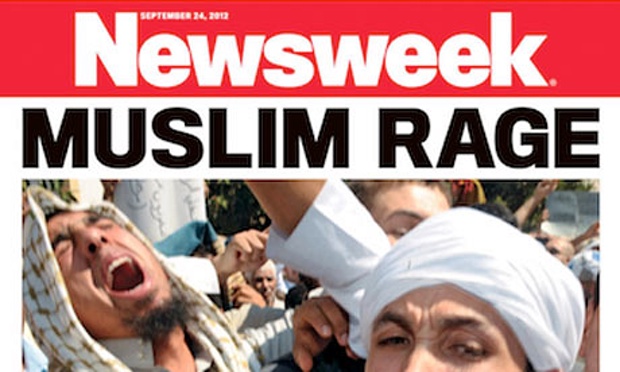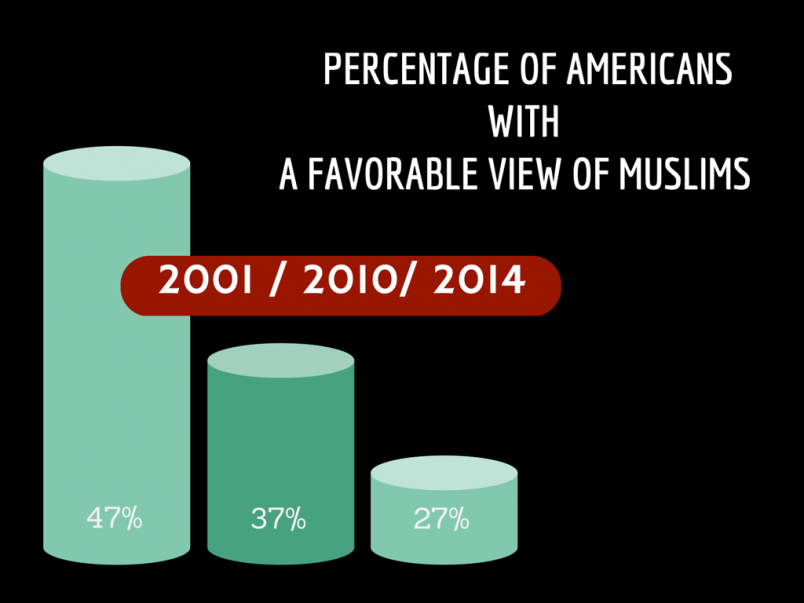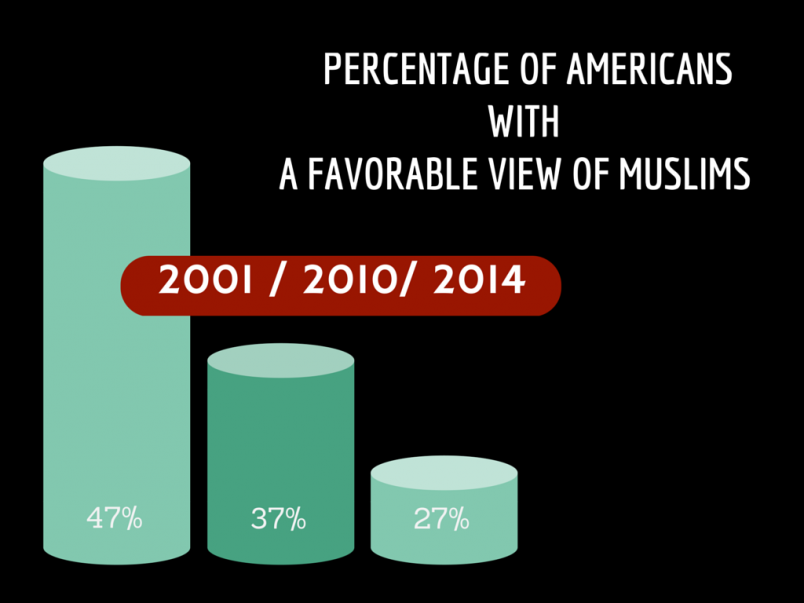FINALLY! Despite the sharia-compliant media whitewashing of Islam, politically incorrect ‘real’ news about Muslims is fueling anti-Muslim sentiment and public policy support against them
News stories depicting Muslims as terrorists have fueled ‘racism’ (what ‘race’ is Islam?) and anger among many non-Muslim Americans, who support civil restrictions and military action in Muslim countries, according to a new University of Michigan study (authored by a Muslim)
Phys.org The negative media exposure about Muslims results in more American support for public policies that harm Muslims domestically and internationally, in part, because this group is perceived as aggressive, said Muniba Saleem, the study’s lead author.
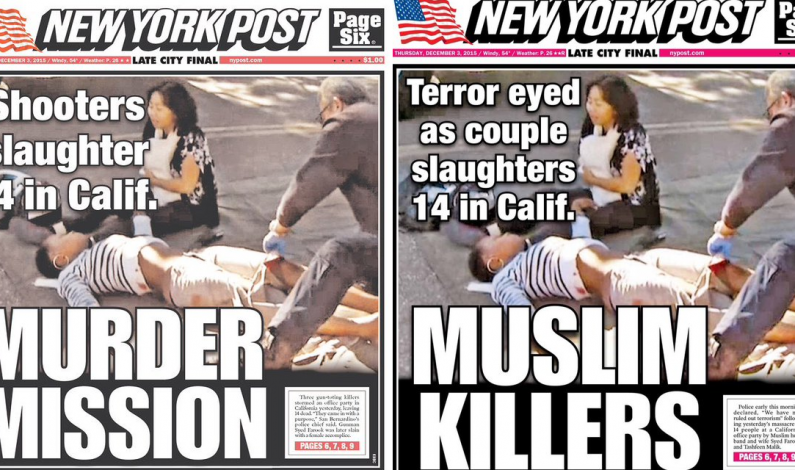
“These perceptions, in turn, can create hostile expectations and anger by some non-Muslims, who may exhibit aggressive behaviors,” said Saleem, assistant professor in the U-M Department of Communication Studies.

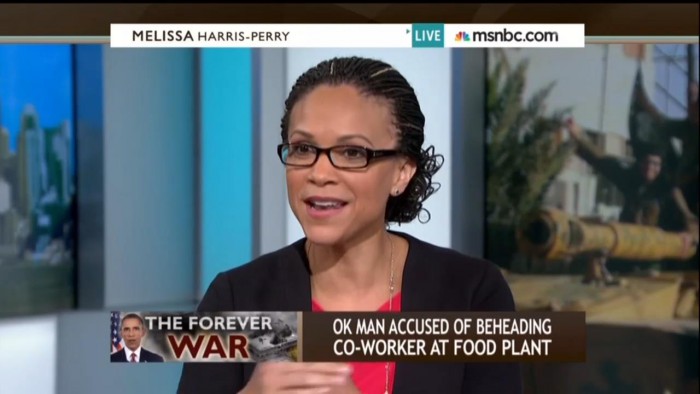
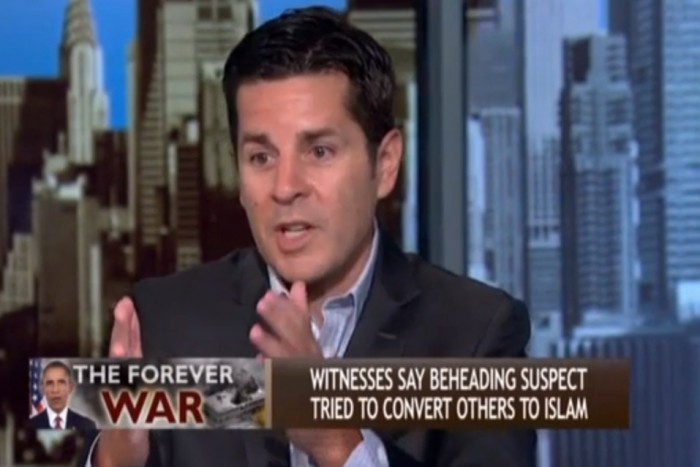
Some studies have revealed the significant role of media in creating negative attitudes toward Muslims, but few have examined if negative media representations of Muslims can influence support for race-related (What ‘race’ is Islam?)public policies that are specifically intended to target members of this group.
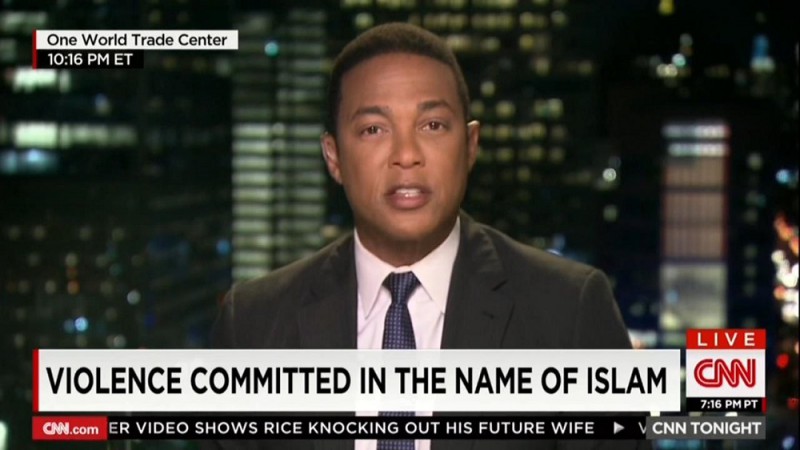
For the current findings, researchers used three studies to test the long-term and short-term effects of news portraying Muslims as terrorists on support for international and domestic policies that harm Muslims. All three studies show that exposure to terrorism news increases support for policies that target Muslims internationally and domestically.

In the first study, 715 college students, who identified as non-Muslim, were asked about their exposure to news portraying Muslims as terrorists and views on military action in Muslim countries. The long-term exposure to terrorism news influenced support for military actions in predominantly Muslim countries.
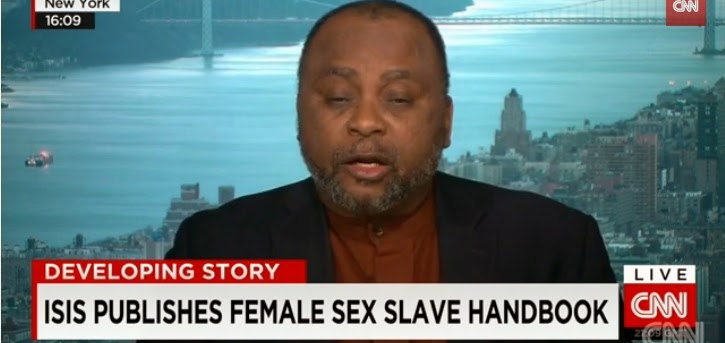
In the second study, researchers examined support for civil restrictions for Muslim-Americans, such as government monitoring without their consent, separate and more thorough airport security lines, and even their right to vote. About 200 adults were asked about their news exposure to Muslims, how they identify as Americans and their views about Muslims.
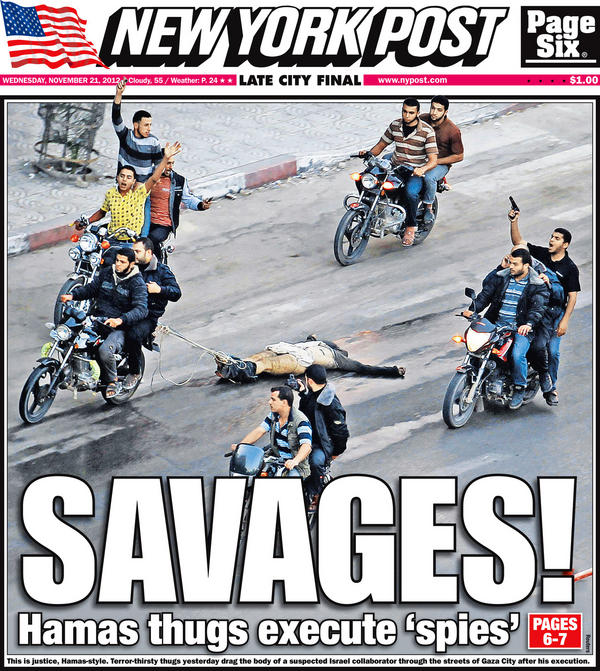
Participants watched three news clips about Muslims in the third study. One video involved Muslim men planning to attack a military base; a neutral video indicated a high school changing the date for its football game because Muslim students were fasting during Ramadan; and a counterstereotypic video that looked at Muslims volunteering during Christmas time.
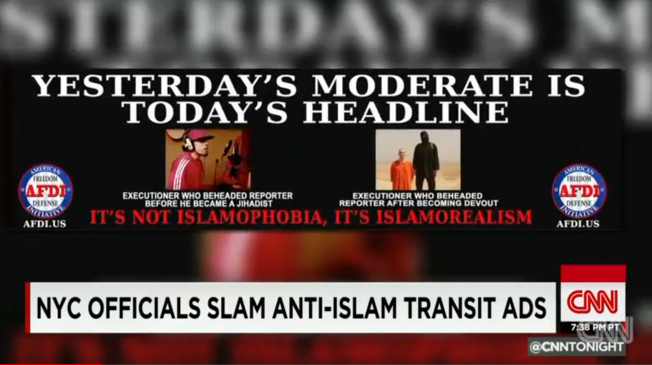
Results revealed that long-term exposure to terrorism news influences support for civil restrictions for Muslim-Americans. This effect is due to increased perceptions of Muslims as aggressive, Saleem said.

The study reveals that short-term exposure to terrorism news influences support for policies targeting Muslims. In addition, a brief news clip representing Muslims in a positive or even neutral light can lower support for policies targeting Muslims and does so by lowering perceptions of Muslims as aggressive. The effect of positive video was especially strong for conservatives compared to liberals.

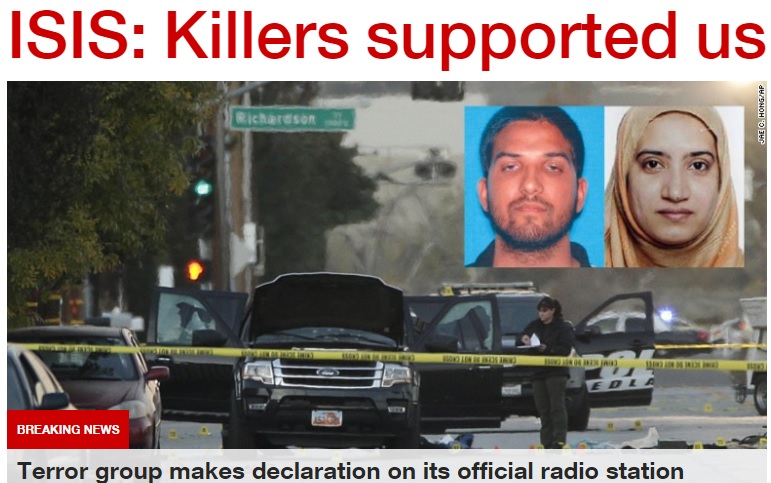
“The media in itself isn’t the problem; it’s the content within it,” Saleem said. “If there was more balanced news coverage of Muslims in the United States, as well as worldwide, we would observe a reduction in negative attitudes and behaviors towards Muslims. This is especially important considering the majority of Americans rely on media as their primary source of information about Muslims.”
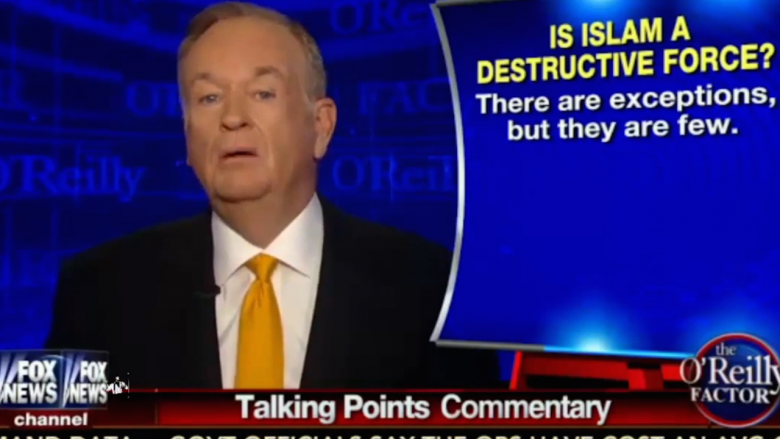
Even the limited negative media exposure about Muslims results in more American support for public policies that target Muslims domestically and internationally, in part, because this group is perceived as aggressive, said Muniba Saleem, the study’s lead author.

“These perceptions, in turn, can create hostile expectations and anger by non-Muslims, who may exhibit aggressive behaviors,” said Saleem, assistant professor in the U-M Department of Communication Studies.
